Tucked in the woods just outside of Farmville is perhaps the best-kept secret of the arts community at Longwood: a wood-fired kiln large enough to turn hundreds of clay pots, sculptures, vases, and mugs into ceramics at once.
For two years, a group of Longwood students, professors, alumni, and some of the top ceramicists from around the country have gathered at the kiln for a week-long firing. Because the temperature inside the kiln is regulated by a wood fire – not gas or electricity – it must be manned 24 hours a day by members of the group.
This kiln was built about ten years ago and we are teaming up with nationally known artists to help students understand the unique process of using a wood-fired kiln.
Adam Paulek, associate professor of pottery Tweet This
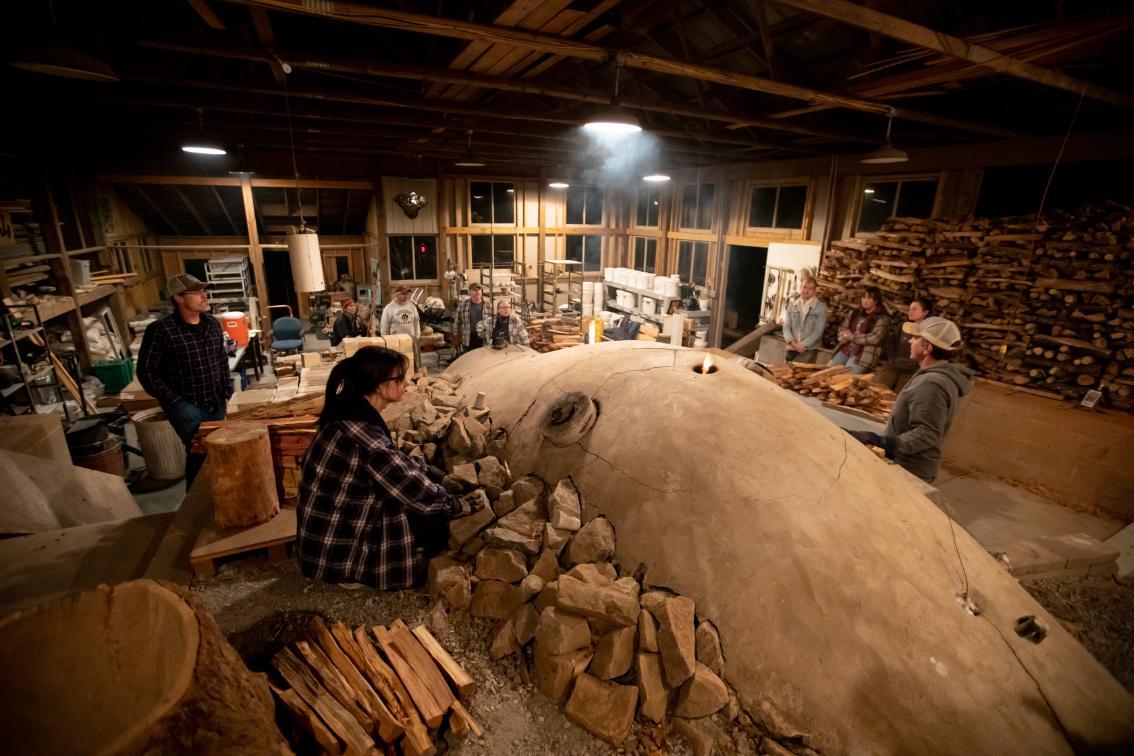
“It really is an amazing process,” said Adam Paulek, associate professor of pottery at Longwood. “This kiln was built about ten years ago and we are teaming up with nationally known artists to help students understand the unique process of using a wood-fired kiln. It’s not an experience that many other students at other schools get to have.”
Called anagama kilns, the huge ovens were developed in China and Japan more than 15 centuries ago. They use a wood fire to heat air in an antechamber that is then pushed to the main oven where ceramic pieces are fired. The one in Farmville is the largest in the area.
The more than 500 pieces of ceramic art stays in the 2,200-degree heat for four days, which produces a chemical reaction in the clay that changes its properties. Then for three days, heat is slowly and strategically let out of the kiln so the pieces don’t cool too quickly.
 Photo Gallery
Photo Gallery
The kiln resides at the house of Longwood art professor emeritus Randy Edmonson and his wife, Cricket ‘82. Called the Old Ridge Anagama Kiln, it is fueled by a mixture of hand-cut pine and oak logs. Firing pottery in the kiln were Longwood art majors, members of the Longwood Clay Club, alumni and working artists.
For Paulek, the magic is not in the pieces that come out of the kiln when it is finally completely cooled and opened. It’s in the collaborative process of creating art that happens in the pottery community.
Our students are working with some huge names in the pottery community. It’s hard to overstate the level of artist that Chris Archer, Bruce Dehnert, Tyler Gulden, and Dan Molyneux are, and to be alongside them and express their own creativity is really an eye-opening experience.
Adam Paulek, associate professor of pottery
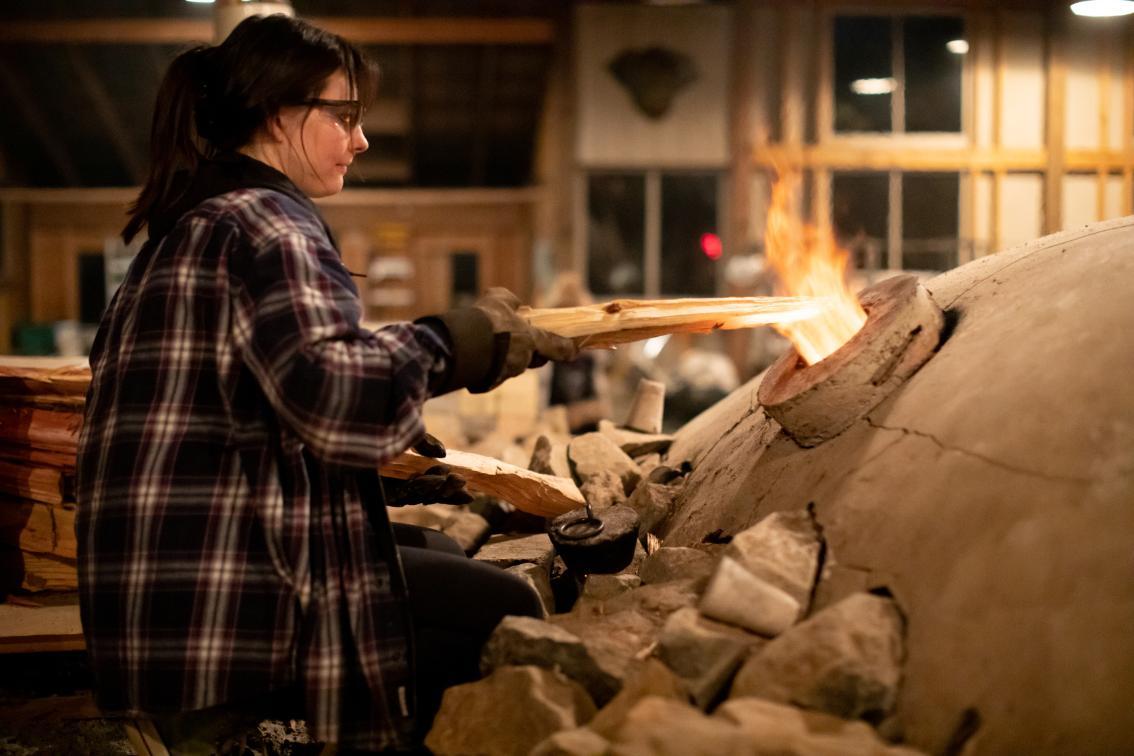
“An arts degree is so versatile,” said Paulek. “It’s like a Swiss Army Knife that has all the tools you need to be successful later on – adaptability, creativity, marketing, problem-solving, technology – these are all skills we use when creating ceramics.”
“Our students are working with some huge names in the pottery community,” he said. “It’s hard to overstate the level of artist that Chris Archer, Bruce Dehnert, Tyler Gulden, and Dan Molyneux are, and to be alongside them and express their own creativity is really an eye-opening experience.”


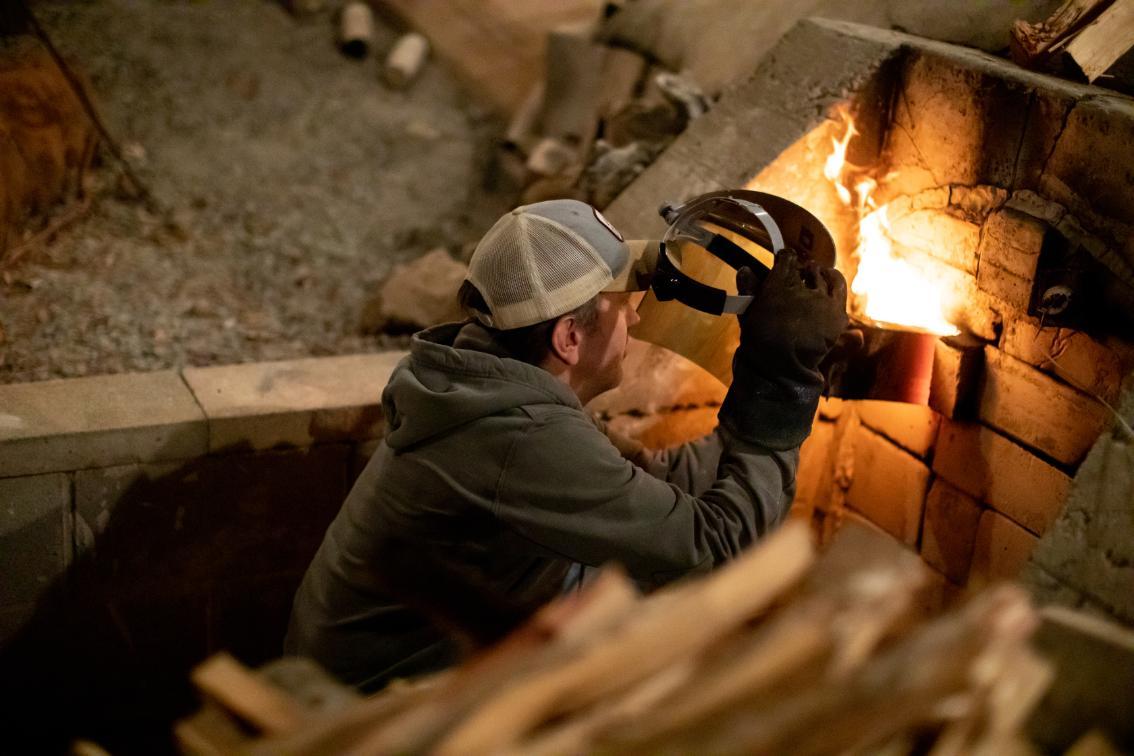



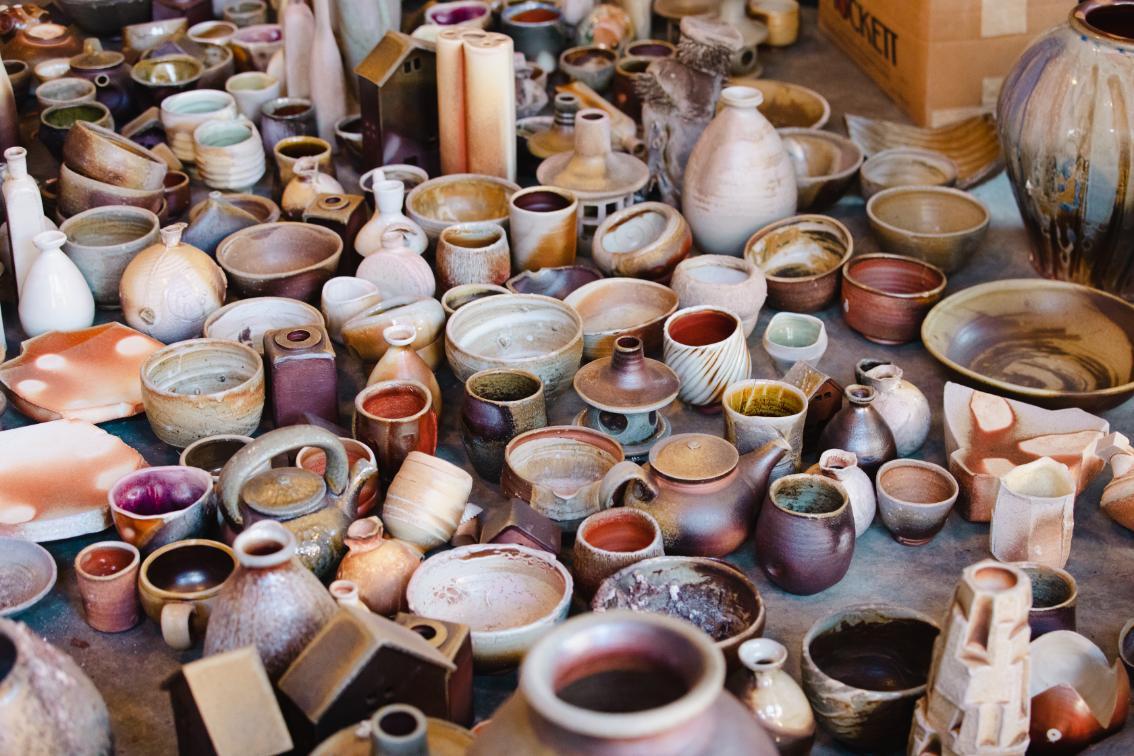
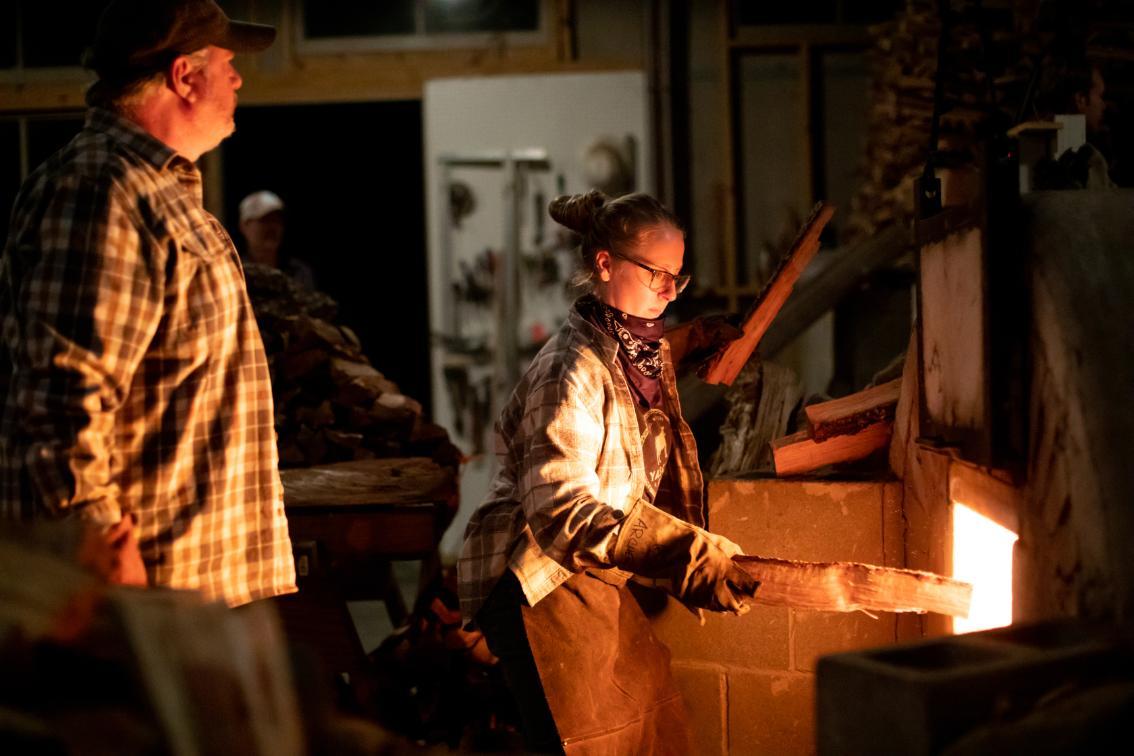




Leave a Comment